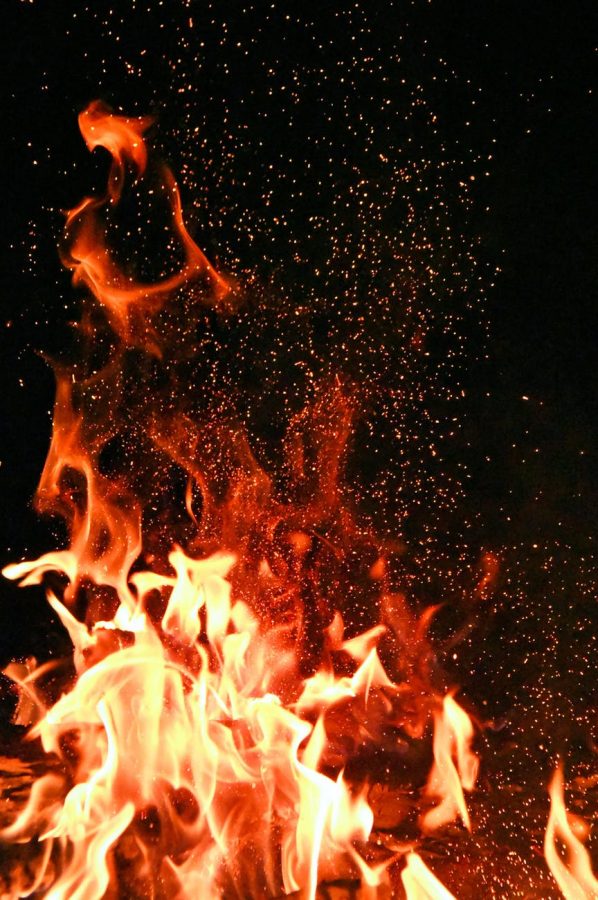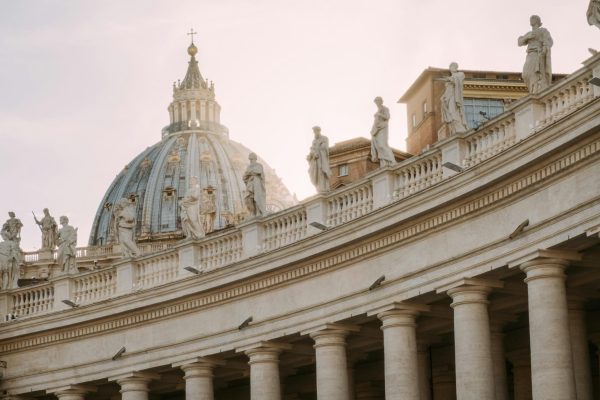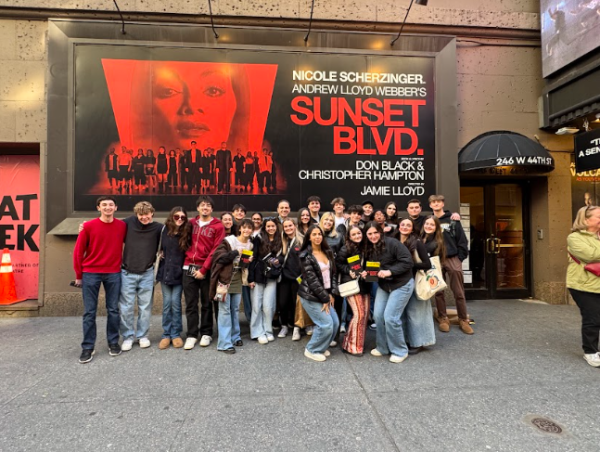The Australian Wildfires: Still a Burning Issue
The Australian bushfires, very recently a dominating topic in the news, have started to fade out of the public eye. Yet, the fires are still burning in some areas of their continent, and the devastating impact will surely be felt for months, and even years, to come. According to an article from ABC News’ website (www.abcnews.go.com) entitled “Using US Map to Examine Scale of Massive Australian Wildfires,” over 15 million acres of land have been burned by the fires. Compare this number to the 259,823 acres burned in the 2019 California wildfires; the Australian wildfires are about 58 times larger. Sadly, many animals have died in the blaze. Are humans to blame, how can future fires be prevented, and what can one do to help Australian wildlife?
As for the cause of the fires, there are many theories. “A few of them were started by people,” stated Casey Poolman, education officer of the Wildlife Information Rescue and Education Service (WIRES), an Australian wildlife rehabilitation center, “but the main cause is basically climate change. We’re having hotter weather and higher winds.” This hotter weather that comes with climate change led to a major drought in Australia. In fact, according to an article from CNN’s website (www.cnn.com) entitled “Australia Swelters on Its Hottest Day Nationwide as Wildfires Rage – and Temperatures Are Likely to Rise Even Higher,” the city of Sydney, Australia, may run out of water by 2022. “We have lots and lots of dry ground and dead plants…[it’s] basically fuel for fire,” Poolman stated. “Over the past decade, Australia has been feeling the impacts of climate change, and we have been experiencing much hotter and drier summers, which, in turn, creates more catastrophic fire conditions,” stated Jackie Hasling, owner and operator of the Australian wildlife conservation center Hands on Wildlife. “Those poor, innocent animals have to suffer because humans have been polluting our Earth and using it irresponsibly,” commented freshman Lola Sokolskiy. “Those poor koalas!” she exclaimed.
When the average person thinks of Australian wildlife, two animals come to mind: koalas and kangaroos. But there are currently 463 species of animals and 1,336 plants on the threatened species list in Australia, and all of them have been affected. “Everyone knows about the koalas and the kangaroos, and that’s great. But there are so many animals people don’t know about, as well as a lot of our insects, that are suffering,” Poolman said. Take, for example, Australia’s reptiles. “People don’t think of the reptiles because they’re not that cute and cuddly. But because they can’t regulate their own temperatures, they can suffer from heat more than mammals can,” she added. So, when considering the impact of the fires, one must remember that beloved koalas and kangaroos are only two of the hundreds of species of animals that need help.
Although many animals have been killed as a result of direct contact with the fires, a multitude of others were put in danger due to the fires forcing them to leave their homes. “We’re getting mostly displaced animals. People are calling us about animals where they shouldn’t be. Because they’re having to go out of their territory for food, they don’t know where they are by the time the sun comes up; they’ve got to find somewhere to hide,” Poolman stated.
As for how such a disaster might be prevented in the future, Australians must work with the natural environment to prevent future droughts. “We’ve got to manage our water a lot better. What we should be doing, and what the aboriginal people used to do, was construct weaves in [bodies of water],” Poolman concluded. These bends in lakes and creeks constructed out of rocks would slow the water down, allowing it to seep into nearby land and prevent droughts. Had Australia’s drought never occurred, the fires plaguing the continent today would not have been as devastating, and many lives would have been preserved. Additionally, all countries need to work together to reduce the impacts of climate change, says Hasling. “People need to live more sustainably and look for renewable energy resources. We all need to do our part to preserve wild habitats and work towards avoiding climate change,” she stated.
Australia’s government has done little to support wildlife conservation centers. Therefore, it is up to citizens to help out. “There are lots of places that are looking for extra hands, like wildlife sanctuaries,” Poolman stated. But for those who cannot go to Australia, donations are a valid alternative. “Direct donations to organizations working on the ground to help wildlife and people are one of the most effective ways to help,” stated Hasling. In fact, LHS’s Environmental Club held a bake sale this past January to support Australian wildlife. “The animals and the environment are being harmed, and they need help. Many species are becoming extinct, and you should help by donating to any charity,” stated freshman Allison Anemone, member of the club. Yet another method to help fight the effects of the fires is to symbolically adopt an injured Australian animal. “There’s a lot of people who are adopting koalas,” stated Poolman.
As Baba Dioum, a well-known environmentalist, once said, “In the end, we will conserve only what we love, we will love only what we understand, and we will understand only what we are taught.” The most important way people can support Australia is by teaching others about the fires. If people do not know about the tremendous amount of destruction occurring in Australia, they will not care about it, and nothing will be done to support the wildlife and people affected by the fires. “Getting the news out there is actually what’s really putting stuff into motion, which is amazing,” Poolman stated. “Even with the stuff that we see overseas, with you guys having the bake sale, it literally makes us cry because it’s just amazing that people are doing that to help out. We’re all in this together; it’s not just Australia anymore. They might be Australian animals, but they belong to this world, and they’re all for us,” Poolman added.

I am a member of the Class of 2023 as well as one of the editors-in-chief of the print edition of Horizon. I enjoy reading, playing the violin, and using...



















